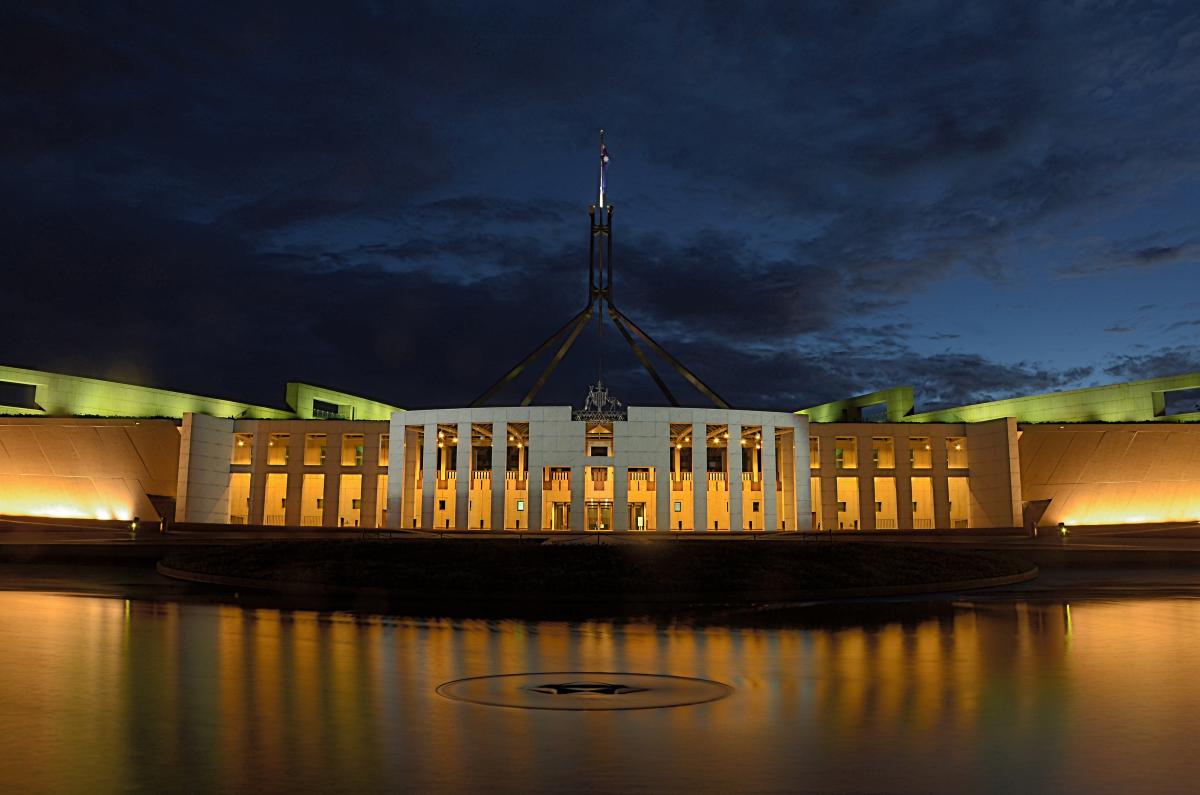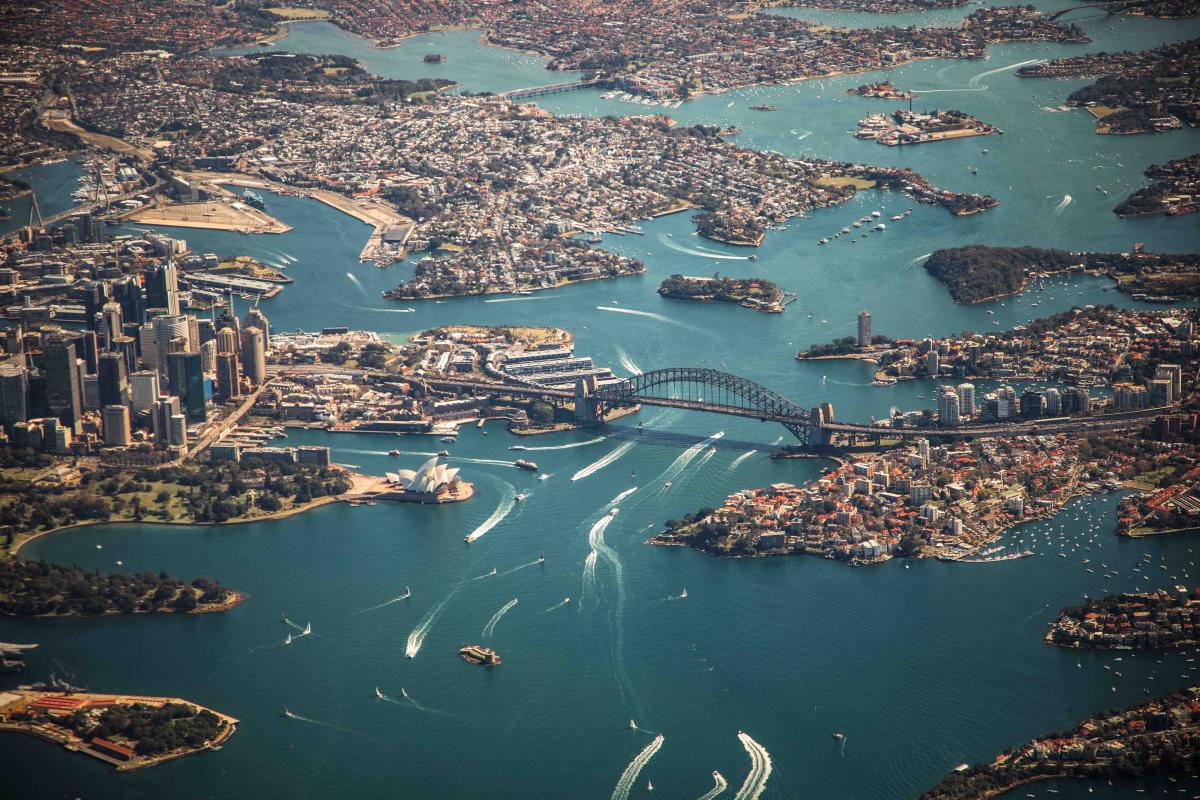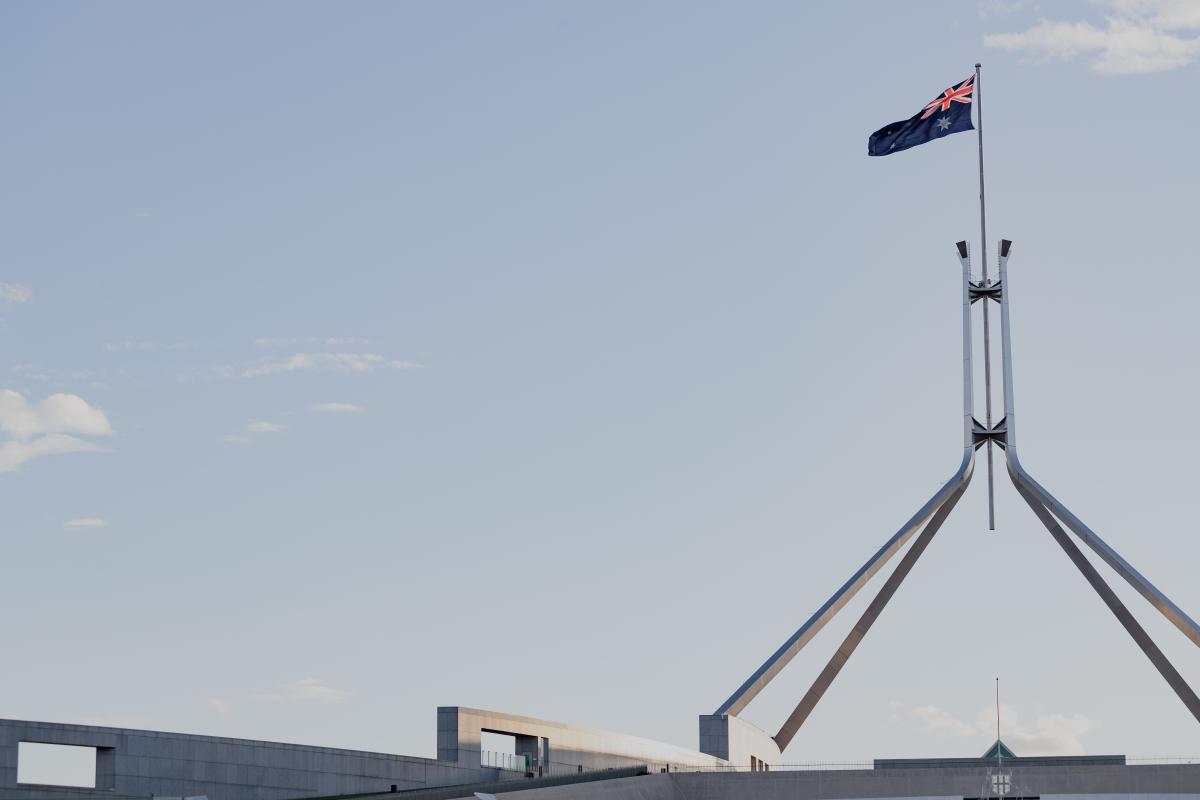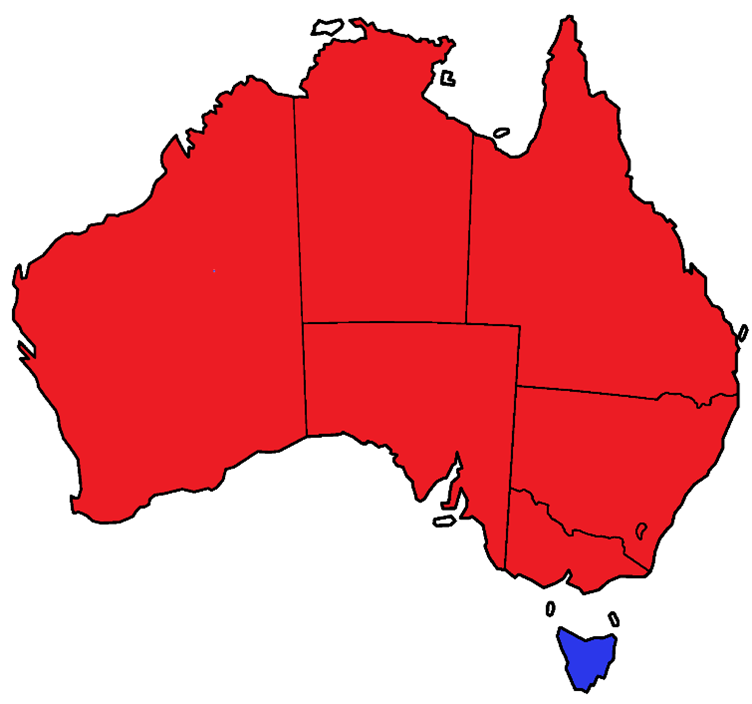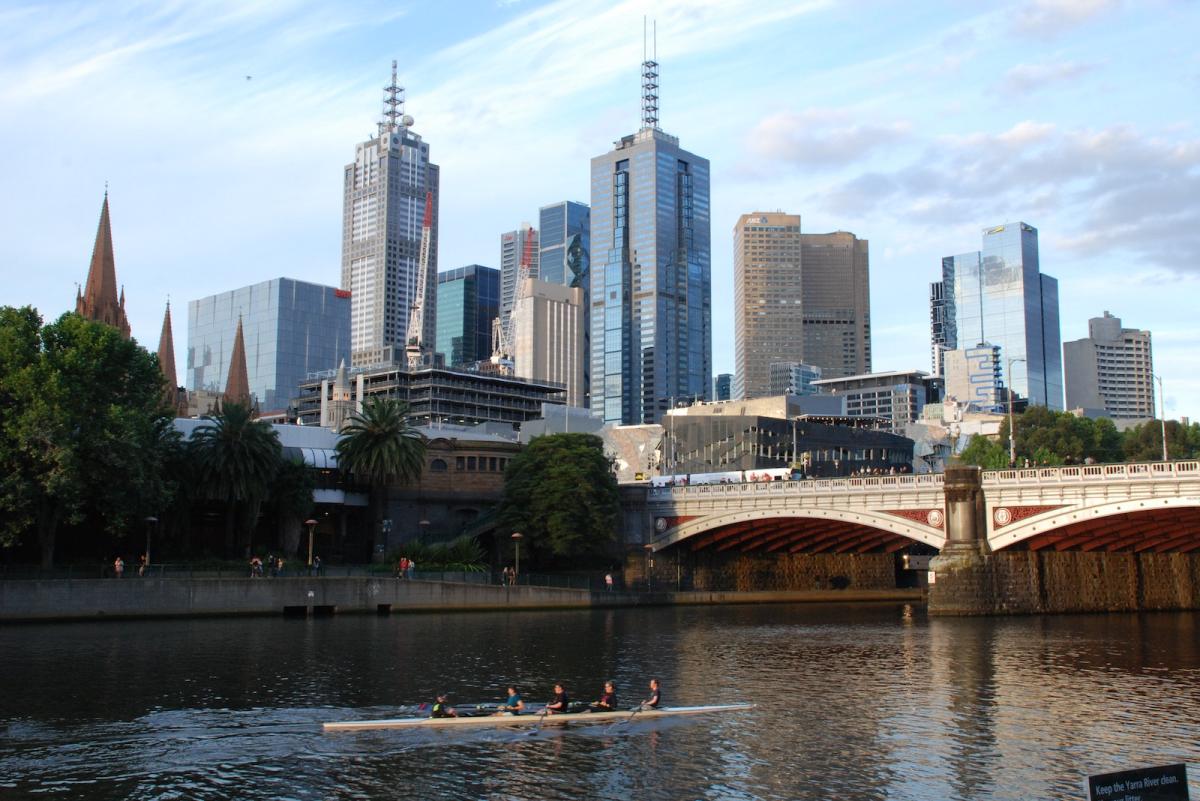- More people on low incomes in China, India and the US rate their health more highly than those on low incomes in the UK*
- Cost-of-living pressures and lack of trusted health information impacting the nation’s health
- Nurses, pharmacists, and friends and family are among the most trusted sources of health information
People in the UK are among least likely to consider themselves in good overall health, according to a global survey spanning 13 countries and 12,785 respondents.
The disparity is particularly pronounced among those on lower incomes, where fewer than 1 in 3 (29%) people would class their health as very good or better. On this measure – and despite 75 years of access to public healthcare free at the point of use through the NHS – the UK is outperformed by countries including India (69%), China (60%) and the USA (41%) where lower-income people are more likely to report better overall health than the UK.
The cost-of-living crisis is seen to be the number one societal factor worsening health, with 71% of respondents in the UK indicating that inflation – which is the highest in the G7 – is negatively impacting their health. It is also risks worsening socioeconomic health inequalities: 58% of respondents on lower incomes who say there is a gap between how well they’re taking care of their health and how well they should be, consider cost the main barrier to closing the gap, compared to just 39% of higher earners.
These findings are among the starkest within the 2023 Edelman Trust Barometer Special Report: Trust in Health. Now in its second year, the report aims to set out the challenges impacting global trust in health and identify the areas where stakeholders across the health ecosystem and beyond should focus to address them.
On this point, the 2023 data clearly indicates that people’s definition of what constitutes good health is broad. Only 3% of respondents in the UK view being healthy as solely about physical health, with nearly 60% saying mental health, physical health, social health and community liveability are all components of their health.
After cost-of-living pressures, a lack of information and conflicting or changing expert advice is seen as the second biggest barrier, with 37% people, who report a gap between how well they are taking care of their health vs how well they want to be, reporting this is a barrier to doing so. Attitudes towards health education and misinformation may also be limiting the nation’s health and wellbeing. Compared to before the COVID-19 pandemic, people in the UK are less likely than those in most other countries surveyed to be educating themselves more about health issues. Just 29% of those in the UK say they are now doing this more often, compared to 41% globally. This gap extends to verifying whether the health information they do take in is accurate: just 23% in the UK say they do this more often now than pre-pandemic, vs 39% in the rest of the world.
More than three quarters (76%) of people in the UK trust friends and family to tell the truth about health issues and how best to protect the health of the public. This source of health information received the biggest jump in trust, up from 67% in last year’s report, placing people’s peers on par with health experts and scientists.
Roughly eight out of 10 (82%) people trust nurses to tell the truth about health issues, with a 3-point year-over-year increase bringing them to the top spot in the ranking. Pharmacists enjoyed the greatest rise in trust of any HCP – up six points to 80% – which may indicate their growing role in health and wellbeing within the UK’s emergent model of integrated care systems. Both professions are more trusted than ‘my doctor’ (79%), who falling behind pharmacists as a trusted source of health information, compared to last year’s findings.
The ability to engage in shared decision making and open dialogue is cited as the most important intervention if health experts wish to encourage healthy behaviour change in the UK, with 65% of people seeing it as key. This is viewed as more important than clinicians and health experts demonstrating that advice is grounded in scientific data collected from “people like me” (58%).
This year’s report also indicates a growing belief that technology will play a positive role in healthcare. Three quarters of people in the UK (75%) believe that the use of technology to provide care for people seeking medical attention will improve the patient experience.
“Seventy-five years ago, the UK established the first free public health system in the Western world. For three quarters of a century, the ability to pay has not been a barrier to accessing healthcare, in the traditional sense. That cost is now cited as the main factor holding back the nation’s health suggests a sea change in the way we collectively define good health,” said Eleanor Read, PhD, Managing Director, Health at Edelman UK.
“The determinants that enable or restrict it, extend far beyond a clinical setting – and our data suggest people recognise that. They expect elected officials to provide safe, clean, green places to live; employers to offer secure, supportive, and rewarding workplaces; and businesses spanning every industry to play an increasingly important role in enabling good physical and mental health.
“The stark overall picture of how people in the UK view their health, means there is a clear onus now on all of these stakeholders to embrace that collective responsibility and work together. There is a clear opportunity for progressive, purpose-led organisations and forward-thinking policymakers to take decisive action and effect meaningful change.”
*How would you describe your overall health? 7-point scale


